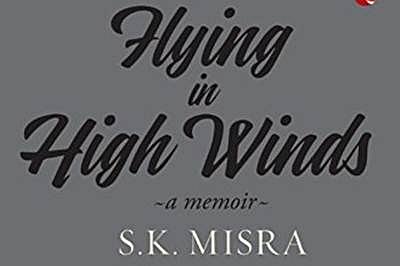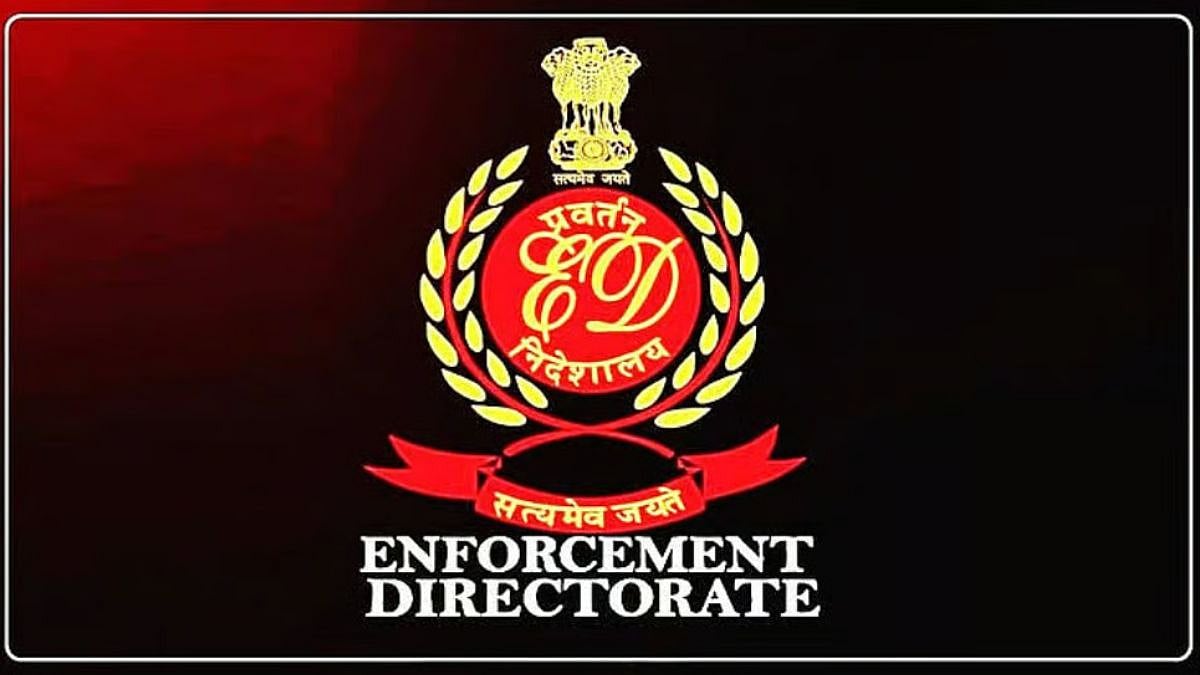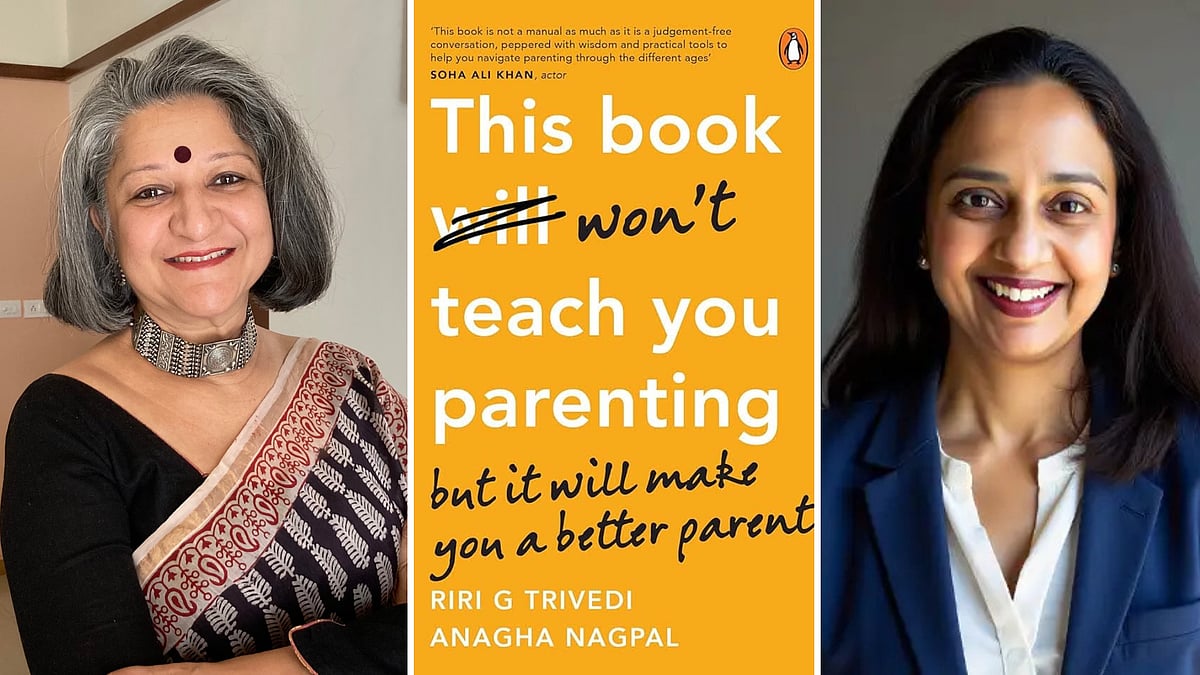Candid, enlightening and with doses of tongue-in-cheek humour, this book showcases Indian bureaucracy in a new light.
Flying in High Winds
S K Misra
Publisher: Rupa
Pages: 270; Price: Rs 500
Among the vital sources of history are the biographies, autobiographies and memoirs of politicians, judges, civil servants, etc. We have excellent books by Justice M C Chagla, K P S Menon, Natwar Singh, P C Alexander, Madhav Godbole and others. In this genre there is a notable addition and that is the memoir of S K Misra. He was Principal Secretary to three Chief Ministers of Haryana and Secretary in the Ministry of Agriculture, Tourism and Civil Aviation. He retired as Principal Secretary to the Prime Minister. Post retirement he worked closely with UPSC and INTACH. He was awarded the Padma Bhushan by Government of India.
He can be described as one who has led a full and hectic life and his memoir is at once interesting and replete with insights. He has gone through a gruelling experience under several masters of different types and hues.
His Guru was B B Vohra, a member of the first batch of IAS Officers. He was “a man of absolute integrity, hard working, fair just and willing to risk his neck for a just cause”. Three different Chief Ministers of Haryana in quick succession — all who hated each other-chose Misra as their Principal Secretary and gave him their full trust and confidence. No mean achievement.
Misra was born in 1932 and after obtaining his M.A from Allahabad University joined the IAS. We have a delightful narration of his early life, the training in Metcalfe House. His first posting was in PEPSU and major assignment as Deputy Commissioner of Hisar.
We have a graphic account of the rule of “The Iron Man of Haryana”, Bansi Lal. According to Misra, Bansi Lal’s integrity was unquestioned, a sheaf of complaints against him by ten prominent politicians were enquired into by a Committee set up by Indira Gandhi and he was absolved of all charges. Haryana under Bansi Lal left Punjab far behind and in fact Punjab started emulating Haryana.
Bansi Lal became Defence Minister and took Misra with him. Very soon the Indira Government fell and a new Government was formed by the Janata Party Morarji Desai as Prime Minister. There was no love lost between Bansi Lal and Devi Lal. Each paraded the other publicly with handcuffs.The shenanigans of the Devi Lal government are described with a sense of humour. Devi Lal’s tenure as Deputy Prime Minister is also covered at length and the story is told of how Misra cleverly scuttled the foreign jaunts of Devi Lal as the Prime Minister was opposed to it.

Misra became Chairman f I T D C and he faced a sea of troubles. He had an important role to play in “The Festival of India” — a project controlled by Pupul Jayakar — the “Cultural Czarina” of Indira Gandhi. Five outgoing and two incoming Festivals were held under the aegis of the Ministry of Culture, Misra became Secretary of Tourism under Rajiv Gandhi and he played a commanding role.
He became Principal Private Secretary to Chandra Sekhar when he became the Prime Minister. Misra assessment of Chandra Sekhar is worth noting. “Chandra Sekhar was an extremely down-to earth leader, possessing the humility and understanding of Gandhiji. The legacy of both Nehru and Gandhi was apparent in his personal and political courage…He defied Indira Gandhi who sent him to jail..He—as in the case of Gandhi and Nehru, who bore no rancor against the British – on his release showed not the slightest ill-will towards Mrs. Gandhi.”
After retirement from the government Misra joined the UPSC and later became Chief of INTACH. During his tenure in INTACH he enlarged the scope of its activities; setting up new divisions to keep pace with the expanding horizon of heritage conservation .Misra has devoted lot of time and energy to rural heritage and development. ITACH’s growing stature is widely recognized within the country and overseas paving the way for future fund-raising, largely due to Misra’s relentless efforts.
A very interesting part of the book is the Section entitled “Memorable Encounters”. This deals with the meetings Misra had with Jawaharlal Nehru, Prince Charles, Sanjay Gandhi, M F Husain, E Alkazi, K Natwar Singh and others. These contain material of absorbing interest.
This is a good book of memoir, very well written and full of delectable anecdotes. It is also a history of India’s development. Warmly commended to all students of history and politics of the India sub-continent.









